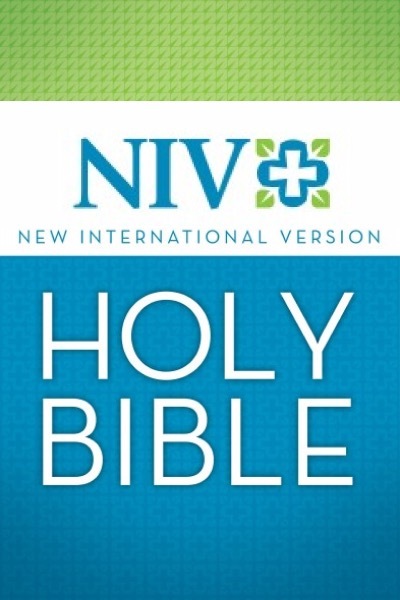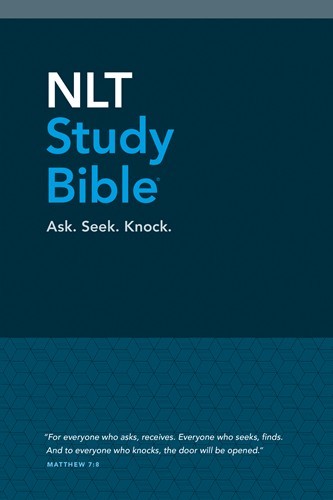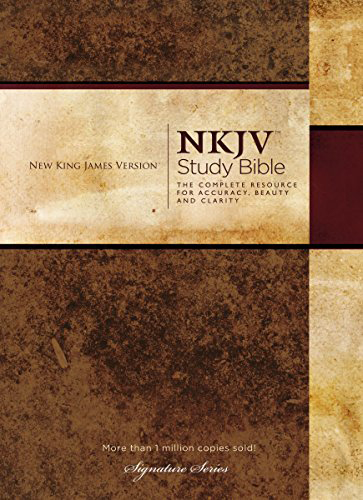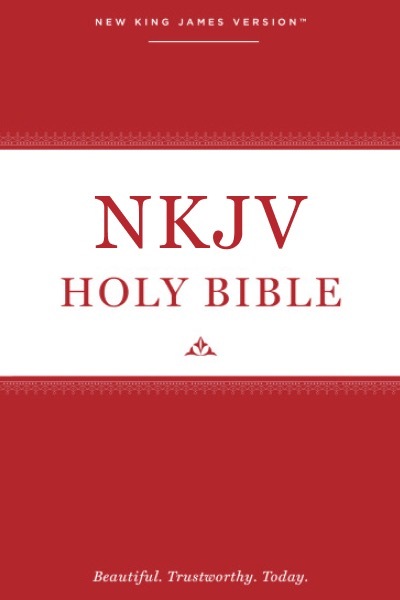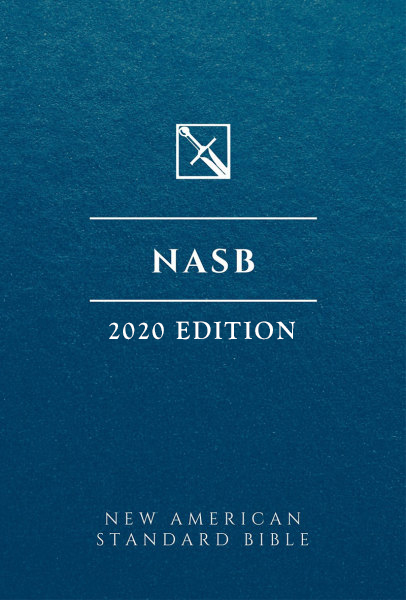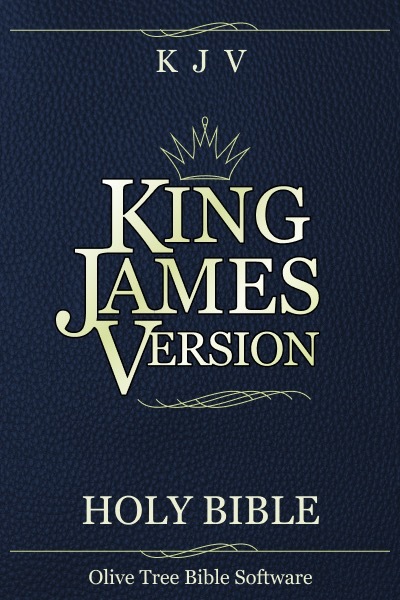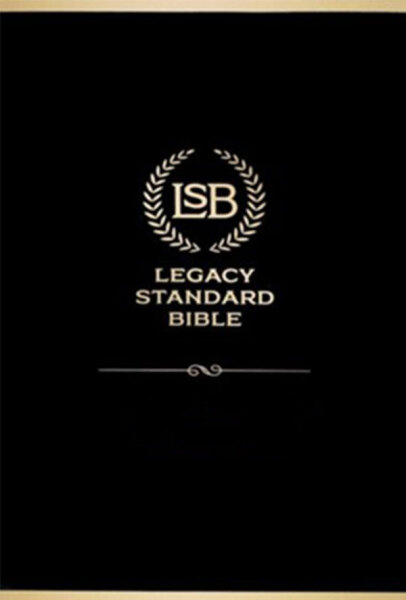Olive Tree Account
Olive Tree Account


Forgot Password
Enter the email address associated with your Olive Tree account to reset your password
All Products
All Products
For the Olive Tree Bible App
Sort
Sort by
Sort by
All Products
All Products
For the Olive Tree Bible App
Sort
Sort by
Sort by
